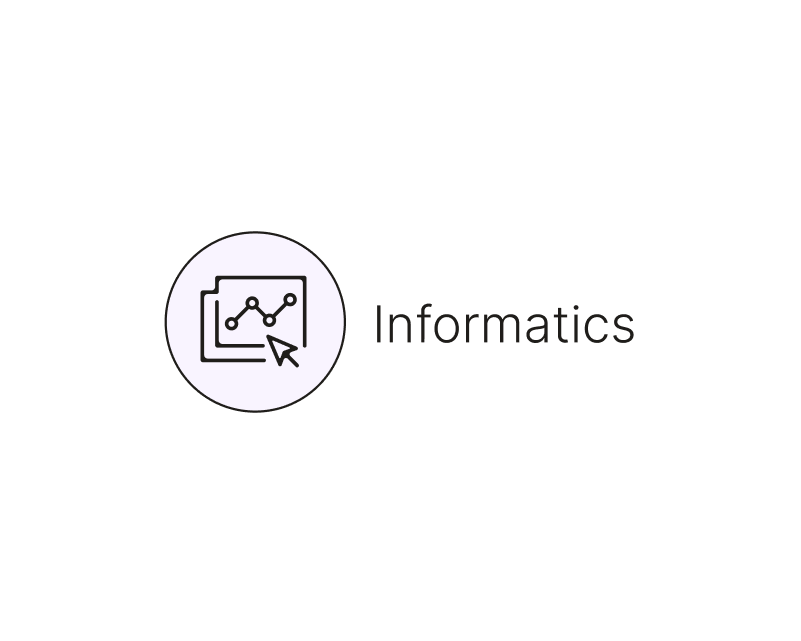
July 8, 2020
Illumina’s TruSight™ Software Suite simplifies next generation sequencing (NGS) bioinformatics and allows the user to easily prioritize and review genomic variation(s) likely to cause a rare genetic disease. By enabling laboratories and researchers to quickly annotate and navigate the billions of base pairs in a patient’s genetic code, TruSight Software Suite will make it easier to glean valuable medical insights from whole-genome sequencing data.
One of genomic sequencing’s most powerful applications is helping to identify the underlying genetic cause for a patient’s rare disease. Many families with a child with an unexplained set of medical issues find themselves on a years-long diagnostic odyssey to find answers.
The physician, who in many cases has never seen these rare symptoms before, refers the family to a specialist. Test after test comes back negative, and referrals to multiple specialists yields more investigations and no answers.
“For years, we didn’t know what to think, and we didn’t know where to go,” said Jennifer, whose daughter Sophia has been diagnosed with beta-propeller protein-associated neurodegeneration (BPAN), which affects only 100 people worldwide. “We went from doctor to doctor, doing whichever test they recommended. Finding a diagnosis, for me, has been life-changing.”
Prior to the ability to broadly search for causal variants across all the genes in a patient’s genome, physicians would make an educated guess on which genetic anomaly might be causing a child’s condition. A test of one or a few genes known to cause a set of symptoms would be ordered. If the test came back negative, weeks later, they would try another gene…and so on.
With its ability to comprehensively assess an entire genome, whole-genome sequencing (WGS) can provide answers in less than 72 hours, rather than years. But the human genome has around 3 billion bases and more than 20,000 genes. One genome can have five million variations. Almost all of those are harmless, but they have to be sifted to find the one disease-causing variation.
Developed with Mayo Clinic and other experts, TruSight Software Suite dramatically accelerates the ability to identify problem variant(s). Along with Illumina's highly accurate NovaSeq 6000 sequencer, Illumina DNA PCR-Free Prep, TruSight Software Suite integrates DRAGEN Bio-IT and other bioinformatics innovations and tools to help create a swift genomic analysis workflow to quickly find these rare pathogenic variants.
“This combination of products will set the standard for comprehensive, scalable, and swift interpretation of genomic information, enabling fully-featured whole-genome sequencing to become the standard of care in rare diseases,” said Ryan Taft, Vice President of Scientific Research at Illumina. “By enabling users to quickly sift through millions of variants to find an answer, we will make it easier for rare disease patients to benefit from valuable genomic insights.”
These incredible technologies can help families make a care plan that is best for their child. In some cases, they may find treatments. Emerging gene therapies for spinal muscular atrophy and other conditions offer new hope.
But even if there are no FDA-approved treatments – the case with most rare diseases – having a genomic diagnosis is a critical first step towards finding clinical trials and connecting with other families dealing with the same condition. “It’s always important to find your tribe,” said Jennifer.
Read our TruSight Software Suite press release, here.



